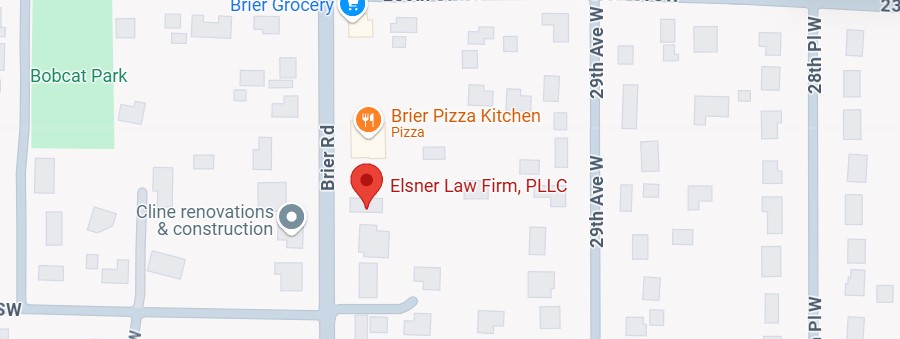Navigating Through the Recovery Journey of a Traumatic Brain Injury (TBI)
Recovering from a traumatic brain injury (TBI) can feel like navigating through a long, winding path, filled with ups and downs. Every survivor’s journey is unique, influenced by the specifics of their injury, the treatments they undergo, and their personal resilience. At Elsner Law Firm, we understand the complexities and challenges of this journey, and we’re here to provide support and guidance as you move towards recovery. If you’re still learning about what a TBI is and how it happens, read our guide on understanding traumatic brain injuries from car accidents.
Understanding Your Recovery Process
While it’s natural to question how long or difficult the road to recovery will be, it’s essential to remember that recovery varies greatly among individuals, even those with seemingly similar injuries. The good news? With the right support and determination, improvements can be observed many years beyond the initial injury.
Dispelling the Myths: Is There a Set Timeline for Recovering from a TBI?
Let’s tackle a common misconception head-on: the notion that TBI recovery stops after two years, often called “the two-year myth.” Ongoing research has debunked this myth, revealing that significant improvements can continue to emerge well past this arbitrary timeline, even up to a decade post-injury. This is a testament to the brain’s remarkable capacity to heal and adapt over time.
Empowering Yourself to Maximize Recovery from TBI
How can you best support your recovery? Your active participation in your rehabilitation is crucial. Here are several proactive steps you can take to foster a more comprehensive recovery:
- Activate Neuroplasticity: Engaging in activities that stimulate neuroplasticity, your brain’s ability to reorganize itself by forming new neural connections, is paramount. Repetitive and purposeful practice can significantly enhance this process.
- Consistent Home Therapy: Recovery doesn’t pause between therapy sessions. Implementing prescribed exercises at home daily can accelerate your progress. Tools like home therapy devices can make these exercises more engaging and manageable.
- Holistic Recovery Approaches: Address all facets of your health. Integrate physical, occupational, and speech therapies with psychological support and cognitive exercises. A balanced diet also plays a crucial role in supporting brain health.
- Avoid Maladaptive Plasticity: Be cautious of falling into compensatory habits that can inhibit recovery, such as over-relying on a non-affected limb. Encourage the use of affected areas to prevent ‘learned non-use.’
- Overcome Plateaus: Recovery is not always linear. Initial rapid improvements may be followed by periods of slower progress. Pushing through these plateaus by continuing therapy and adaptive practices is essential for long-term recovery.
It’s a Journey Worth Taking
While a full recovery is the goal, each step forward is a victory. At Elsner Law Firm, we’re not just your legal advisors; we’re your staunch advocates, here to help you find the resources you need and to encourage you every step of the way. Remember, the journey to recovery is not just possible; it’s a pathway paved with hope and possibility, especially when you’re not walking it alone. Call us today for your free consultation 206-447-1425.






